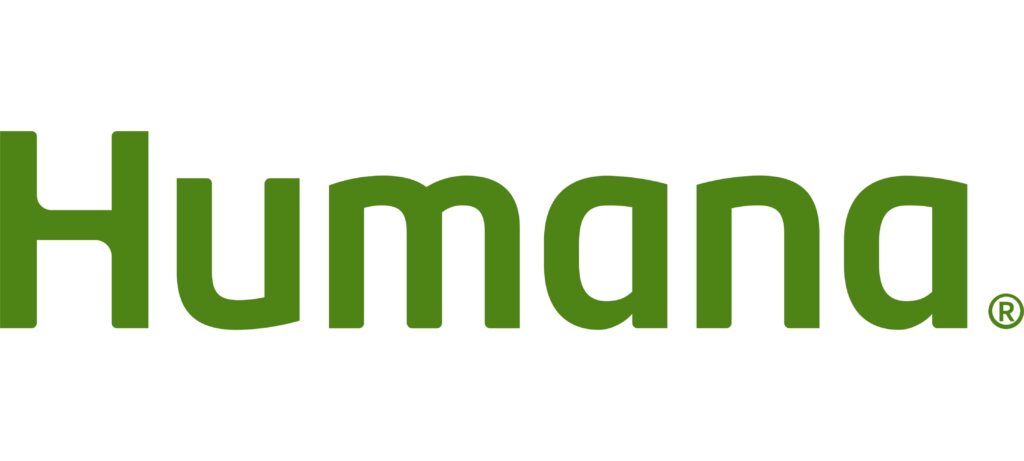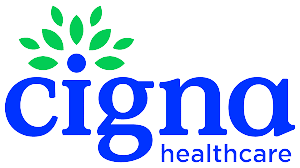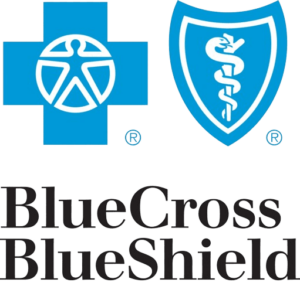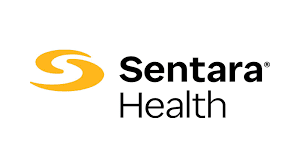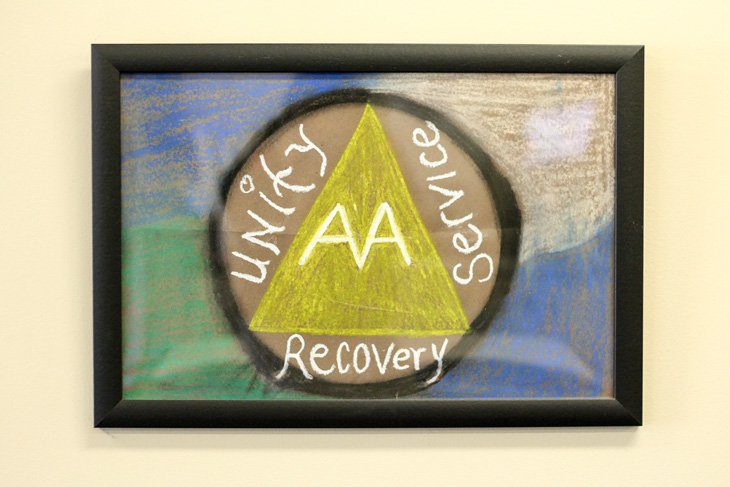Treatment Programs
12-Step Recovery Program
The Farley Center's 12-Step Recovery Program focuses on the original Twelve Steps. The original Twelve Steps was developed by Bill Wilson and Dr. Bob Smith: the founders of Alcoholics Anonymous. The Twelve-step programs work through group meetings in which members share their experiences in recovery. The program emphasizes the common welfare of the group.
Most groups distinguish between those meetings that are open to everyone and those that are limited to those suffering from the addiction that is the focus of the group. For example, someone with drug addiction would not attend a meeting devoted to alcoholism unless they were also addicted to alcohol.
Medical Drug and Alcohol Detox
Farley Center recognizes the need for a safe and comfortable withdrawal process by providing a physician-driven, medically monitored detoxification that includes an interdisciplinary staff of physicians, nurses, and counselors. There is an appropriate mix of direct patient contact, review of records, daily treatment check-in, and 24-hour coverage by our medical staff.
Primary Addiction Treatment
The Farley Center recognizes addiction as a primary disease. We follow the American Society of Addiction Medicine criteria for assigning the appropriate level of service to patients entering treatment.
- Group Treatment
- Experiential Therapy
- Activity Therapy
- Continuing Care Management
Professionals Program
Farley Center at Williamsburg Place has a rich history of treating high-functioning professionals. We are recognized as one of the pioneering treatment facilities in the country, helping licensed individuals with sophisticated defense mechanisms learn how to cope with life stressors without misusing alcohol or other addictive substances.
Intensive Outpatient
The goal of the Farley Center Intensive Outpatient Programs is to reduce our patient’s symptoms and to improve their overall health and functioning in social, occupational, educational, and other areas critical to leading a safe, independent, and productive life. To provide safe treatment, we have been implementing new policies and procedures and practicing social distancing. We have transitioned our groups to telehealth, which utilizes a virtual platform for treatment.
Recovery Management
The Farley Center believes that your treatment is just the beginning of your recovery. Our hope is to help provide the foundation you need through group work, relapse prevention education, and 12-step integration to start your life of recovery. We believe that relapse is a process and hope that while you’re with us you learn that this process begins before your first use. Our goal is to help you get a better understanding of signs, symptoms and triggers for relapse.
- Relapse Prevention
- Aftercare Planning
- Alumni Services

Family Services
The Farley Center at Williamsburg Place recognizes that addiction affects the entire family. We offer the Family Program to assist family members and patients in coping with the consequences of addiction. The Family Program provides an interactive learning experience by exploring the following topics:
- The disease of addiction
- How addiction affects families
- Co-dependency and enabling
- Resources for Recovery
- Continuing care
- Skills for effective communication
Find A MeetING
Alcohol Abuse
Alcoholics Anonymous: A fellowship and support for alcoholics. The website features include an online version of the Big Book, the classic text detailing the history and actions of the organization.
Drug Abuse
Narcotics Anonymous: A program offering recovery from the effects of addiction through working a 12-step program, including regular attendance at group meetings. They work on the principle that every addict in the world should have the chance to experience their message in his or her own language and culture and to find the opportunity for a new way of life.
Cocaine Anonymous: A fellowship devoted to those seeking recovery from cocaine and other drugs.
Pills Anonymous: A group focused on the recovery of those who are addicted to prescription pain medications.
Complimentary Insurance Verification
It is our hope that when you’re ready to take your first step towards recovery, you won’t have to worry about how you’ll cover the costs of your recovery program. We accept most major health insurance plans, and offer complimentary insurance verification.



